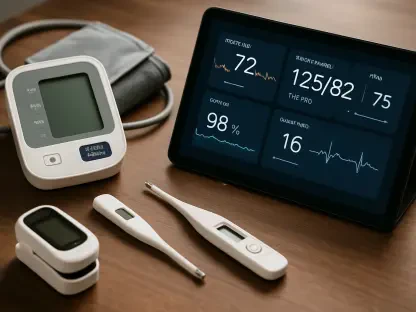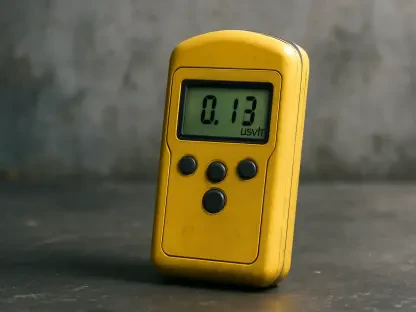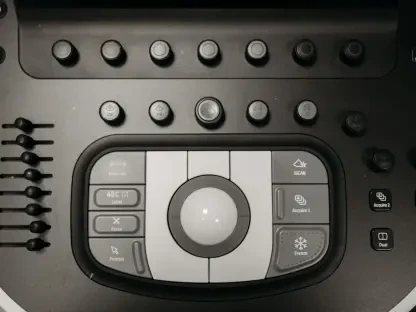In recent years, advances in technology have increasingly integrated with healthcare, aiming to revolutionize how patient monitoring is conducted. One notable player in this domain is Sibel Health, a remote patient monitoring startup that recently secured significant funding. The company’s platform, Anne One, employs state-of-the-art wearable sensors to track vital signs continuously. This innovation holds the potential for a monumental shift in how healthcare providers monitor patients, making the process more efficient, accurate, and comfortable. By enhancing patient data usability, Sibel Health is positioning itself at the forefront of a new era in medical care.
Innovations in Wearable Technology
The core innovation behind Sibel Health’s promise lies in its wearable monitoring sensors, ingeniously designed like band-aids to ensure comfort and ease of use. These sensors track a variety of vital signs, including body and skin temperature, heart rate, respiratory rate, step count, and body position. Such comprehensive monitoring capabilities provide a holistic picture of a patient’s health status in real-time.
CEO Steve Xu underscores the pivotal role of comfort in ensuring the effectiveness of remote patient monitoring. Different from many monitoring devices that are bulky and intrusive, Sibel’s sensors are meant to be as seamless and unobtrusive as possible. This design philosophy ensures that patients are more likely to use the technology consistently, leading to better and more reliable data. The wearables facilitate continuous monitoring, which means healthcare providers can be alerted to changes in a patient’s condition promptly, potentially preventing medical emergencies before they escalate.
Additionally, the sensors preserve the integrity and privacy of patient data. The moment the sensors contact a patient’s skin, data collection commences and is then securely transmitted to healthcare providers. This progression ensures that patient data is accurately monitored and analyzed, contributing to improved patient outcomes.
Transforming Clinical Operations
By automating the collection of vital signs, Sibel Health’s wearable monitors aim to alleviate some of the manual burdens that typically fall on nursing staff. Continuous monitoring allows for early detection of health deterioration, which is crucial for proactive medical intervention. Steve Xu advocates for the application of continuous monitoring across all hospital patients, emphasizing its potential to save lives and improve overall patient care. Removing the manual aspect of vital collection enables nurses to focus on more critical tasks, enhancing the efficiency of clinical operations.
Sibel Health’s wearable technology has already gained significant traction, securing its seventh FDA clearance and incorporating alarms and alerts for enhanced clinical use. This milestone demonstrates the technology’s credibility and effectiveness in real-world clinical settings. With the latest round of funding, Sibel Health is set to expand the commercial deployment of its sensors across the U.S. and Europe, with a clear focus on healthcare providers and pharmaceutical companies. Established clients include industry leaders such as AbbVie, Northwestern Medicine, and the Capital Region of Denmark.
This widespread adoption is indicative of the growing trust and reliance on wearable tech to enhance patient monitoring comprehensively. By integrating these advanced sensors into regular clinical workflows, there is a potential to transform healthcare delivery dramatically, making it more data-driven and responsive.
Future of Wearable Tech in Healthcare
As the healthcare landscape continues to evolve, the integration of advanced technology like Sibel Health’s wearable sensors seems poised to play a crucial role in delivering superior medical care. This innovation could lead to better outcomes for patients and more informed decisions by medical professionals. Sibel Health’s approach marks a promising step forward in the quest to achieve better health management and patient care.









